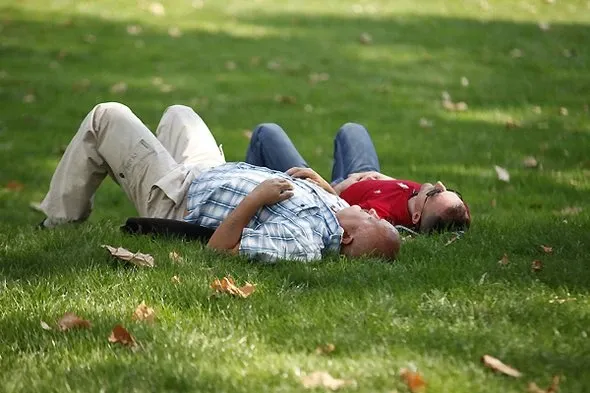Worldwide IT Spending to Grow Eight Percent in 2024
Worldwide IT spending is expected to total $5.06 trillion in 2024, an increase of 8% from 2023, according to the latest forecast by Gartner.

In an online survey by GfK 31 percent would firmly prefer to have more time than more money, compared to only nine percent who firmly disagree with that. 44 percent firmly believe that experiences are more important than possession, compared to just three percent who firmly disagree with that.
GfK asked 22,000 people across 17 countries how strongly they agree or disagree with two statements: “I would rather have more time than more money“ and “Experiences are more important than possessions“. Internationally, three times as many people firmly agree than disagree that they would rather have more time than more money. And well over ten times as many people firmly agree than disagree that experiences are more important than possessions.
This preference for more time over more money is especially important for people in China (41 percent), Brazil (37 percent) and Argentina (32 percent). And agreement with experiences being more important than possessions is highest in Mexico (57 percent), Argentina and the USA (both 53 percent).
There is only an eleven-percentage-point difference between those in high income households and those in low income households, when it comes to the numbers who would prefer to have more time than more money (38 percent versus 27 percent).
A similar picture is seen in people’s perception that experiences are more important than possessions. Half of people in high income households agree to this (50 percent) compared to 38 percent of those in low income households.
There are also some differences to be noted between different age groups. Internationally, those in their twenties and thirties have the highest percentage of any age group that would prefer more time to more money, standing at over a third (36 percent) each. And they also have the smallest percentage of those strongly disagreeing with that (7 percent each).
In contrast, for those aged 60 and over, there is a much tighter difference in the numbers favoring more time to more money (19 percent) versus those indicating they would rather have more money than more time (13 percent).
When looking at the perceived value of experiences versus possessions, age does not make a significant different in outlook. Those in their twenties are thirties are the most in favor of experiences over possessions, with 46 percent firmly agreeing with this, dropping to 40 percent for teenagers (15-19 year olds).